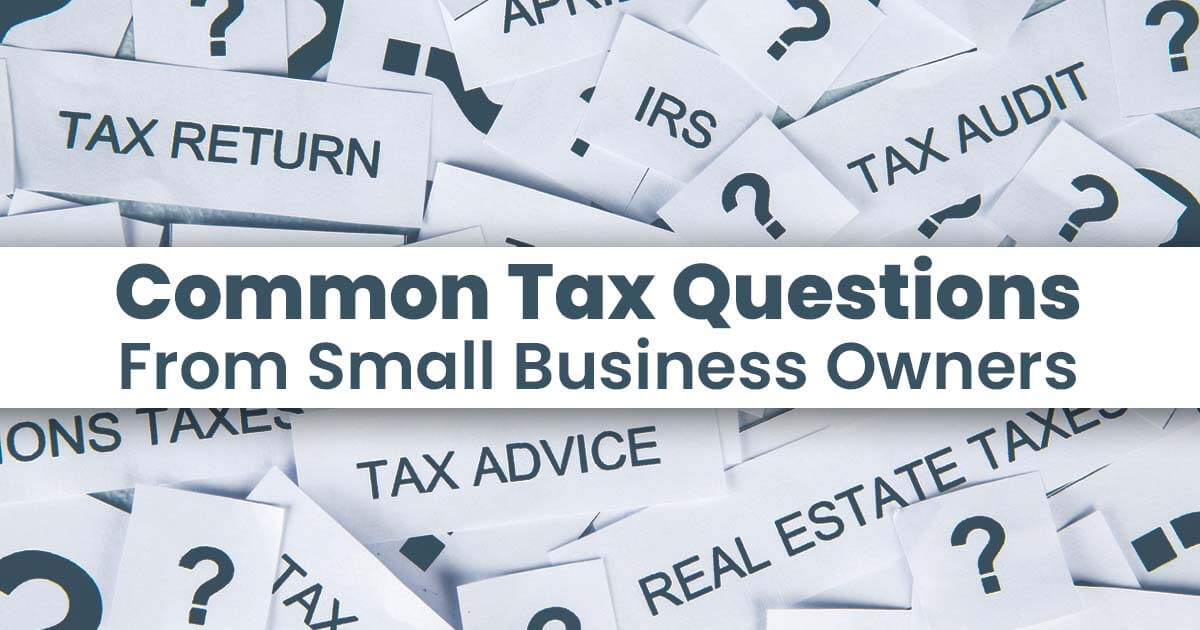Accounting and Bookkeeping Services in Saint Paul, Minnesota
Small businesses in Saint Paul deserve expert financial support—1-800Accountant delivers professional bookkeeping and tax services that help Minnesota entrepreneurs save money while focusing on growth.

Our Accounting Services for Saint Paul Small Businesses
Business Tax Preparation: Have your taxes prepared and filed by a CPA with expertise in your industry so you're always confident in your business tax situation. Our CPAs, with more than 17 years of experience on average, can save you thousands annually when you delegate complex Saint Paul tax preparation to them!
Bookkeeping: Solidify your financial base and manage cash flow with precise, error-free bookkeeping done for you that saves time and provides crucial insights that empower you to make important data-backed business decisions. This meticulous process delivers essential tools for interpreting data with easy-to-understand reporting, enabling your accountant to develop vital financial modeling.
Tax Advisory: Business tax considerations don't end in April. Through our affordable tax advisory service, you can receive the guidance you need when you need it year-round from a dedicated small business tax advisor. Strategic planning helps minimize your business tax liability in Minnesota throughout the year while ensuring compliance.
Payroll: Save hours each pay period with comprehensive payroll services handled for you, with regular tax submissions to the city of Saint Paul, ensuring accuracy and freeing you to focus on other vital aspects of your business.
Business Formation: Enjoy the advantages of officially establishing your business in Minnesota with our complimentary incorporation services. Simply cover any Saint Paul fees, and we will manage the rest. This puts you on a path to hiring employees and creating a business bank account as you experience the benefits of an optimized business structure and maximum tax savings.

Discussing your business taxes with 1-800Accountant is quick and easy:
- Set up a time for us to give you a call.
- Tell us what’s going on with your business.
- Get matched with an accountant who knows your industry & local regulations.

| Level | Rate |
|---|---|
| State Tax Rate | 6.88% |
| County Tax Rate | 0.50% |
| Municipal Tax Rate | 2.50% |
| Combined Sales Tax Rate | 9.88% |
| City-Specific Taxes |
|---|
| Minnesota imposes a corporate income tax of 9.80% on a corporation’s taxable income. Returns and payments are generally due on the 15th day of the fourth month after the end of the corporation’s fiscal year. |
| Licenses and Permits |
|---|
| The following businesses require city-specific licensing in Saint Paul: food establishments (restaurants, cafes, food trucks), rental dwellings (landlords, property managers), contractors in specific trades, entertainment venues and amusement centers. |
| Building and zoning permits are required for construction or remodeling of business facilities. |
| For businesses with potential neighborhood impact, a Class "N" District Council Form must be submitted with public notice sent to neighboring property owners. |
| Grants and Funding in Saint Paul | Grants and Funding Information |
|---|---|
| Commercial Corridor Organization Assistance Program | The Saint Paul City Council has reserved $1.4 million in Economic Development STAR funds for this program. It targets 18 specific corridors throughout Saint Paul and provides funding for corridor-wide beautification, public art installations, development of corridor-wide plans, marketing campaigns, acquisition of vacant properties, community events, and business sub-grants. |
| Neighborhood STAR Program | This program specifically funds capital projects in Saint Paul neighborhoods. Projects must be located in Saint Paul, represent a capital improvement with an expected life of 7+ years, and contribute to prosperity, cultural diversity, and/or vitality of Saint Paul neighborhoods. |
| Regional and State Grant Opportunities | The City of Saint Paul supports efforts to bring regional and state funding to real estate development projects within the city. These include the Metropolitan Council Predevelopment Grant and other funding opportunities to support business development in Saint Paul. |
| Launch Minnesota Grants | Administered by the Minnesota Department of Employment and Economic Development (DEED), this state-level program provides funding for innovative startups and entrepreneurs in Minnesota. Business owners should regularly check for upcoming funding cycles. |
What to Look for in Saint Paul, Minnesota Accounting and Bookkeeping Services
When choosing an accountant or bookkeeper for your Saint Paul small business, you should consider the following factors:
Certifications and Minnesota Tax Expertise: Select professionals with proper credentials like CPA or EA designations who demonstrate thorough knowledge of Minnesota's specific tax regulations. A qualified Saint Paul accountant will understand the nuances of Minnesota's tax system, including the state's graduated income tax structure and specific filing requirements for businesses operating in Ramsey County.
Industry-Specific Experience: Find an accountant familiar with Saint Paul's growing sectors such as healthcare, financial services, technology, or precision manufacturing. For example, if you run a medical services business along the Medical Mile, work with an accountant who understands healthcare billing regulations and the tax implications specific to medical practices in Minnesota.
Understanding of Local Economic Landscape: Choose a professional who comprehends Saint Paul's unique business environment and can provide context-specific financial guidance. They should recognize how the city's status as the state capital affects local businesses and understand the economic relationship between Saint Paul and Minneapolis within the Twin Cities metropolitan area.
Knowledge of Minnesota Tax Incentives: Look for accountants familiar with Minnesota's business tax incentives, including the Angel Tax Credit for technology startups, R&D credits that benefit Saint Paul's growing innovation sector, and specific incentives for businesses in designated development zones. A savvy local accountant can help you navigate these opportunities to reduce your tax burden while maintaining compliance with state regulations.
Familiarity with Seasonal Business Patterns: Select an accountant who understands how Saint Paul's distinct seasons affect local business cycles. They should help you manage cash flow during Minnesota's seasonal transitions and prepare for weather-related business fluctuations that impact many Saint Paul enterprises, particularly in retail, hospitality, and construction sectors.

Talk to a business tax expert today for all your tax needs in Saint Paul.
*Based on a $12.2k average 2022 tax refund per client, which is 4x the cost of a full-service package. Source: first-party data.
*Includes average business tax preparation, form completion and submission, record keeping, and other misc admin time. Source.
*Historical first-party data.


